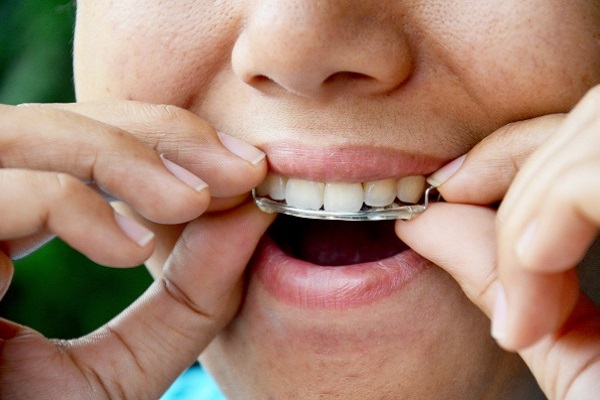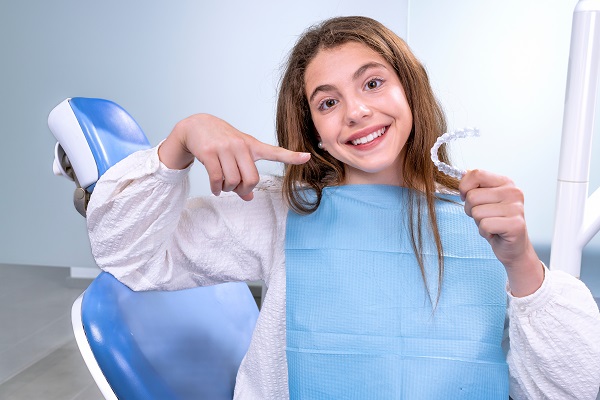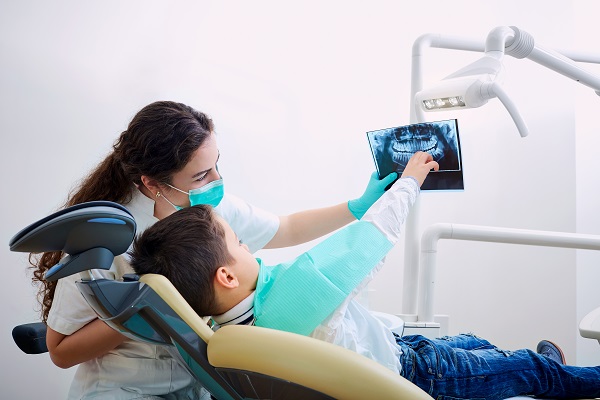What Happens if I Don’t Wear My Retainers?

Any patient who goes through a teeth straightening treatment, such as braces or clear aligners, must wear retainers to keep their smile straight and looking great. It is important to understand the importance of the retainer and follow the instructions provided by the orthodontist or cosmetic dentist.
The importance of retainers
It is essential for patients who have recently completed a teeth straightening procedure to wear the retainer as directed by the orthodontist or cosmetic dentist. The following is a complete overview of the risks when the retainer is not worn appropriately and how the retainer process works.
How the retainer process works
After teeth straightening treatment is complete, the orthodontist assigns the patient a retainer to wear, providing instructions on how often it needs to be worn and when it is okay to remove it. Each patient is unique, and the exact amount of time a patient must wear the retainer varies. Patients should ask questions when they are unsure about any part of the retainer process and seek prompt assistance if the retainer breaks or fails to work the way it should.
The risks of not wearing a retainer
One of the biggest mistakes a patient can make is thinking that since his or her smile already looks great that the aftercare process following teeth straightening is not important. However, teeth can and most likely will shift back to their original position if they are not forced to stay in place by a retainer. While eventually teeth and gums may form permanently into an ideal position, they are highly susceptible to movement for months and even years following the completion of braces or clear aligners.
How to care for your retainer
Wearing the retainer is incredibly important, but it might not matter if the retainer does not work the way it should. Although every type of retainer is durable, they are susceptible to damage if they are not cared for properly, and it is essential to ensure proper care is administered daily. The most highly recommend care techniques for retainers include:
- Wash the retainer daily
- Rinse the retainer often
- Check for any complications
- Visit the orthodontist regularly
After braces or clear aligners treatment, visits to the orthodontist or cosmetic dentist will not be as frequent, but it is still encouraged to make all scheduled checkups. Also, be sure to keep the retainer clean at all times and examine it for damage each day.
How long must I wear my retainer?
As mentioned, each patient is unique, and the length of time patients must wear their retainer varies. For many, orthodontists recommend wearing the retainer during the day for an extended amount of time, and then eventually shifting to only wearing the retainer at night. However, each patient has a different experience, with some having to wear it more or less than others.
Talk to an orthodontist about retainers
If you are interested in learning more about the importance of retainers, or about the teeth straightening process as a whole, then give us a call and schedule a time to come in for an initial consultation.
Request an appointment here: http://www.orthodonticswaynenj.com or call The Orthodontic Center Of Wayne - Dr. Sally Song at (973) 696-5220 for an appointment in our Wayne office.
Check out what others are saying about our services on Google: Read our Google reviews.
Recent Posts
Even though braces are common among teenagers, getting them is a new orthodontic experience for every patient. Teens and their parents tend to have many questions about braces and other orthodontic treatments for teens, when to get braces, and what having braces will be like. Here are some of the most common questions orthodontists hear…
The primary goal of early orthodontic treatment is to prevent and fix bite misalignments. Several causes, including genetics, the premature loss of primary (baby) teeth, and harmful oral habits (like thumb sucking) may lead to such anomalies. Orthodontic abnormalities might be congenital or occur during early childhood. Straight teeth can reduce the incidence of dental…
Invisalign® has changed how willing teenagers –– and everyone else –– are to start teeth straightening treatments. It provides an alternative to traditional metal braces that is virtually impossible to detect. Invisalign® treatments work the same way conventional braces work, the aligner trays exert a force on the patient's teeth pushing their teeth into better…
Oral health is foundational to good overall health. Through the help of an orthodontist and bite correction, difficulties with chewing or speaking can be overcome. The inability to ingest food or clearly articulate impacts both physical and mental health. Bite correction has the potential to change the course of an individual’s health and wellness.Changes in…


